What Is Drug Addiction Definition
What is drug addiction. A person can become obsessed with any legal or illegal drugs.
Drug addiction a state of heavy dependence on a drug.
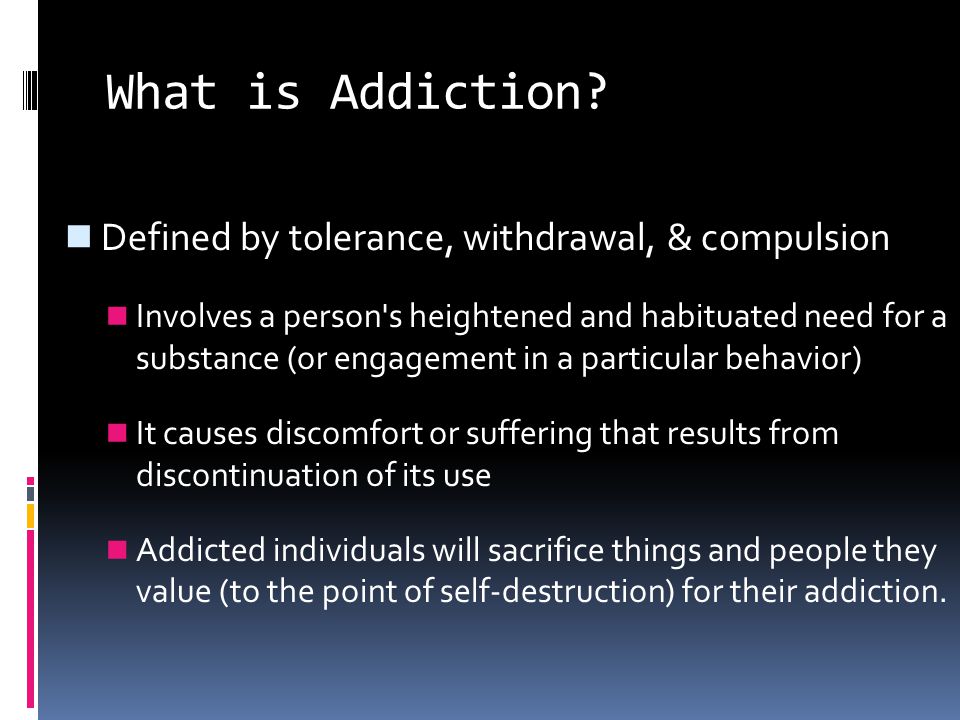
What is drug addiction definition. Some people can get addicted to certain medications. Drug addiction can start with experimental use of a recreational drug in social situations and for some people the drug use becomes more frequent. See alcoholism and drug dependence.
Addiction definition is - a compulsive chronic physiological or psychological need for a habit-forming substance behavior or activity having harmful physical psychological or social effects and typically causing well-defined symptoms such as anxiety irritability tremors or nausea upon withdrawal or abstinence. Addiction and dependence glossary. Their definition is similar to drug addiction but they differ from each other in specific domains.
Sometimes defined as physical dependence but usually also including emotional dependence ie. In this respect drug meets the definition of addiction. Sometimes defined as physical dependence but usually also including emotional dependence ie compulsive or pathological drug use.
Drug addiction is a commonly used term that describes an impaired ability to limit drug use despite the harmful consequences of continued use. Addiction is defined as not having control over doing taking or using something to the point where it could be harmful to you. Addictive drug psychoactive substances that with repeated use are associated with significantly higher rates of substance use disorders due in large part to the drugs effect on brain reward systems.
Substance use disorder SUD or drug addiction is a disease that negatively affects a persons brain and behavior. Drug addiction a state of heavy dependence on a drug. Addiction is most commonly associated with gambling drugs alcohol and smoking but its possible to be addicted to just about anything including.
This review aims to provide a brief overview of past and current definitions of substance and non-substance addiction and also touches on the topic of diagnosing drug addiction and non-drug addiction. Addiction a biopsychosocial disorder characterized by persistent use of drugs including alcohol despite substantial harm and adverse consequences. Drug addiction is stigmatized because awareness of the effects is higher than of the causes.
For others particularly with opioids drug addiction begins with exposure to prescribed medications or receiving medications from a friend or relative who has been prescribed the medication. People with SUD have an intense focus on using a certain substance s such as alcohol tobacco or illicit drugs to the point where the persons ability to function in day to day life becomes impaired. With addiction the object or activity becomes increasingly more important while previously important activities become less important.
The truth is that this affliction transcends race gender socioeconomic. Ultimately addiction is about the complex struggle between acting on impulse and resisting that impulse. Addicts are often labeled as weak selfish and lacking ambition and willpower.
Drug abuse puts someone at a greater risk of developing an addiction than misuse alone but not everyone who abuses a drug will develop an addiction. It is considered both a complex brain disorder and a mental illness. People keep using the substance even when they know it is causing or will cause problems.
Addiction is a common problem but help is available. The state of being given up to some habit or compulsion. This can lead to a wide range of issues that impact professional goals personal relationships and overall health.
Addiction is a relationship between a person and an object or activity. Strong physiological and psychological dependence on a drug or other agent. The state of being addicted.
Individuals struggling with drug addiction often feel as though they cannot function normally without their drug of choice. The most severe SUDs are sometimes called addictions. The National Institute on Drug Abuse NIDA provides a comprehensive definition of drug addiction stating addiction is defined as a chronic relapsing brain disease that is characterized by compulsive drug seeking and use despite harmful consequences.
You can overcome any struggle including your substance abuse problem - if you have the right help from qualified professionals. Over time these serious side effects can be progressive and if left untreated fatal. Dont Let Addiction Control You.
It is often used synonymously with drug dependence. Addiction is defined as a chronic relapsing disorder characterized by compulsive drug seeking continued use despite harmful consequences and long-lasting changes in the brain.

Addiction Abuse And Dependence What S The Difference

Four Differences Substance Abuse Vs Addiction
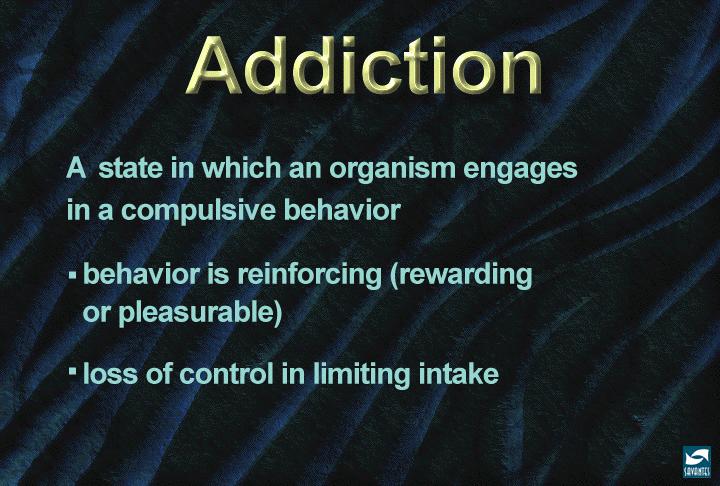
Quotes Drug Addiction Destroys Families Quotesgram

The Physical Mental Effects Of Drug Abuse Gateway Foundation

Tolerance Dependence And Addiction What S The Difference

What Is Drug Addiction Brainly In

The Physical Mental Effects Of Drug Abuse Gateway Foundation
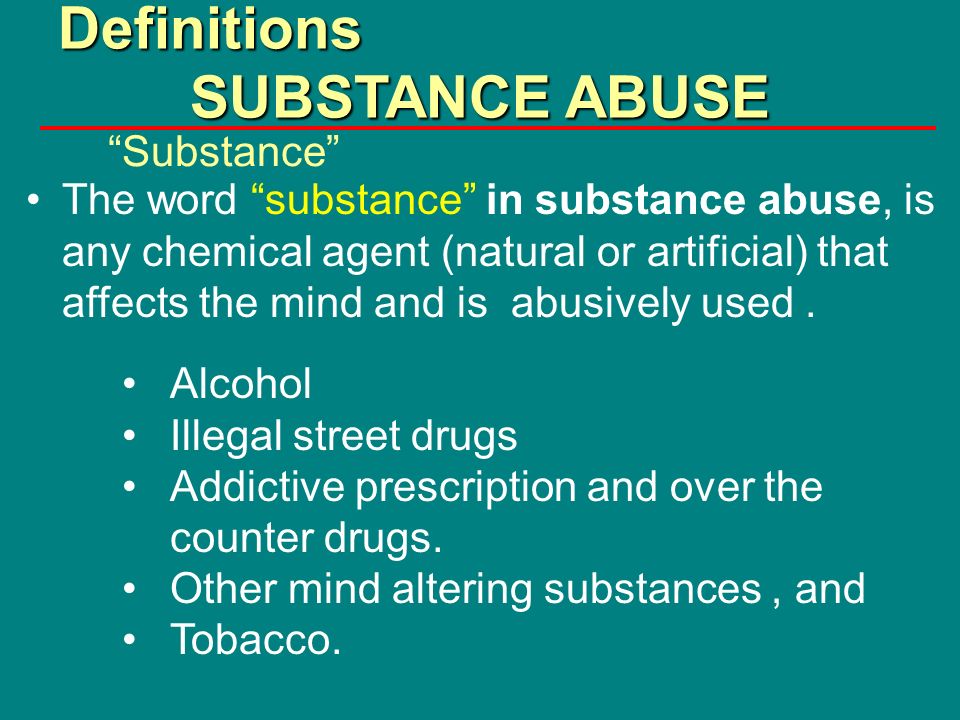
Substance Abuse Prevention Ppt Video Online Download

Tolerance Dependence And Addiction What S The Difference
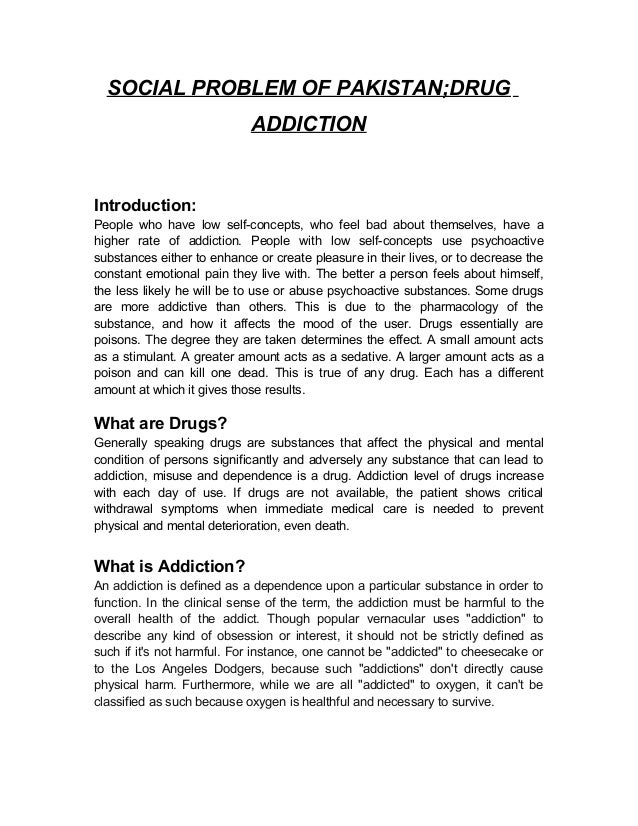
Drug Addiction A Social Problem Of Pakistan
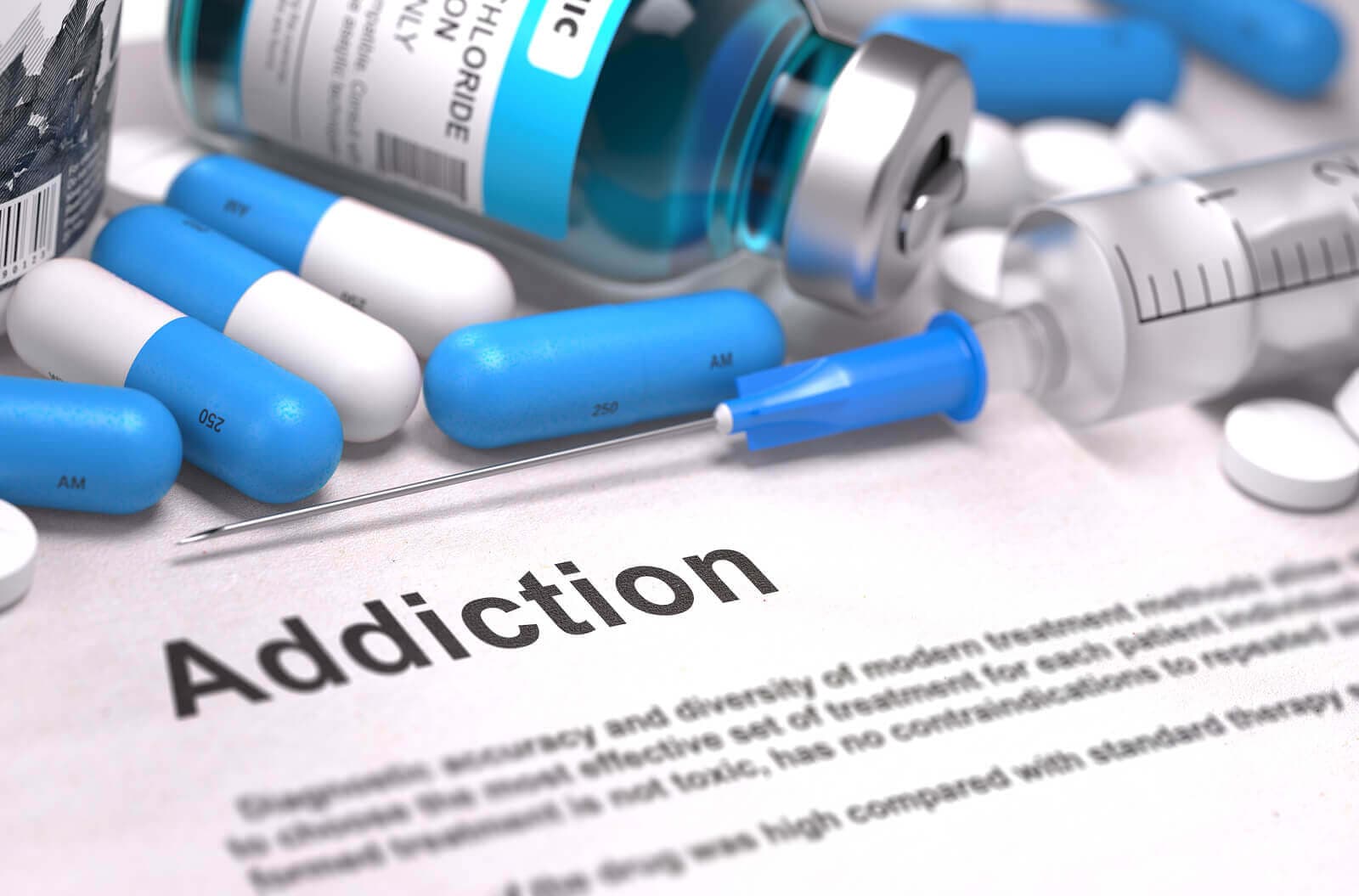
Guide To Drug Addiction The Most Addictive Drugs

Mechanism Of Drug Addiction In The Brain Animation Youtube

Addiction Abuse And Dependence What S The Difference
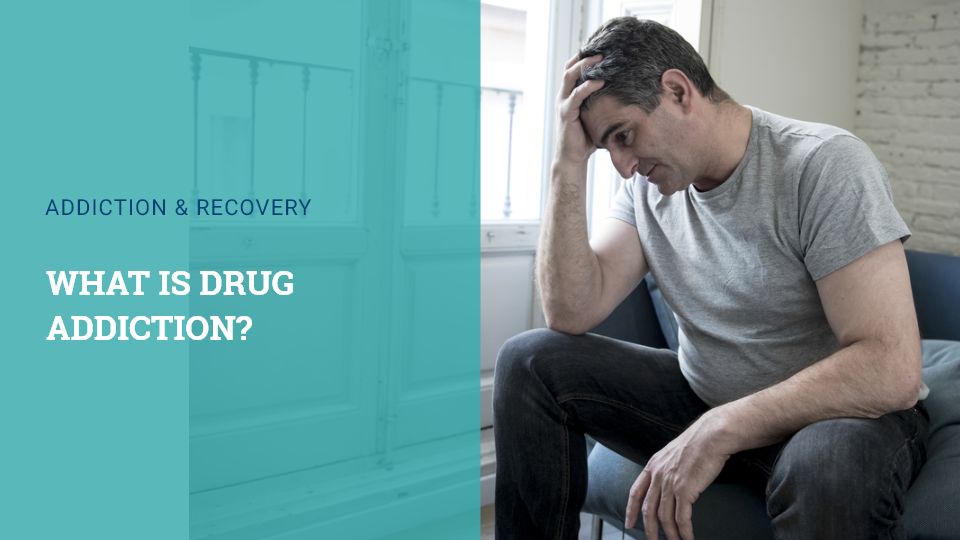
What Is Drug Addiction Pinnacle Treatment Centers

Experimentation The Stages Of Drug Addiction The Recovery Village

Essay On Drug Addiction Drug Addiction Essay For Students And Children In English A Plus Topper
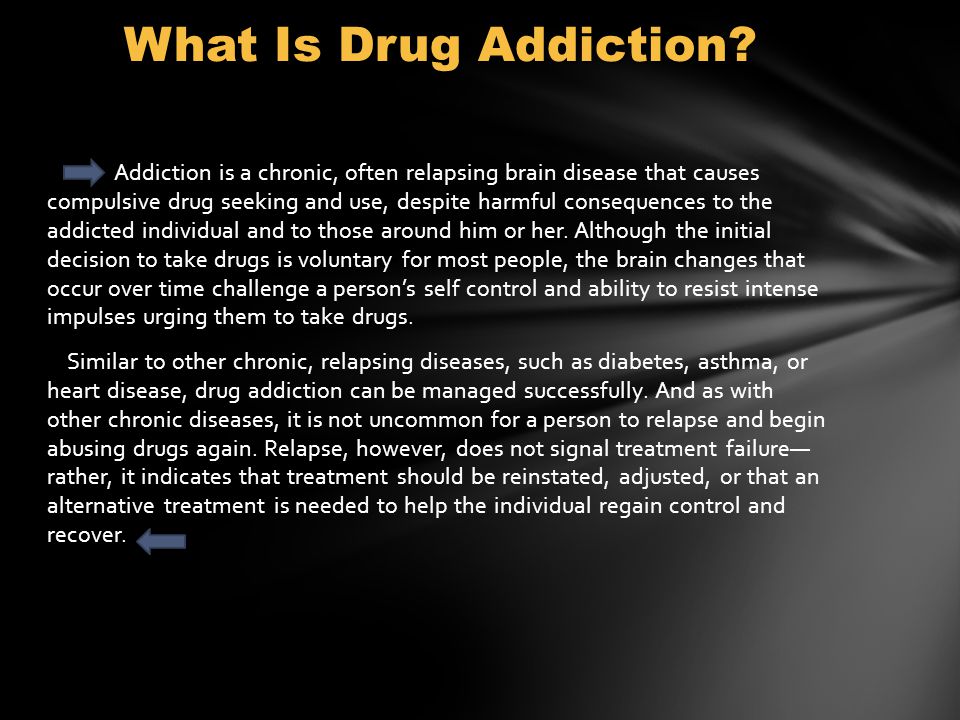
Drug Abuse And Addiction Ppt Video Online Download

Drug Addiction Defining Of Drug Addiction Drug Addiction Is Defined As The Continued Use Of Drugs In Spite Of Adverse Health Or Social Consequences Ppt Download

Post a Comment for "What Is Drug Addiction Definition"